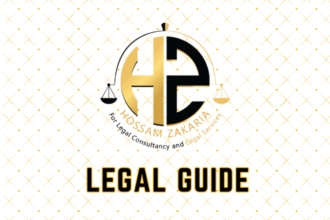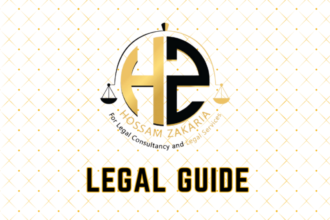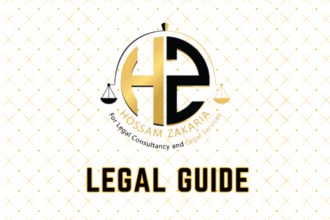Tag: Contract Law in UAE
Comprehensive Guide to Contract Law in UAE
Introduction to Contract Law in UAE
Understanding contract law in the United Arab Emirates (UAE) is essential for businesses and individuals engaging in legal agreements. The UAE’s legal framework ensures that contracts are enforceable and parties’ rights are protected.
Fundamentals of Contract Law in UAE
The foundation of contract law in the UAE is based on the Civil Code. It outlines the principles governing the formation, execution, and enforcement of contracts. Key elements include offer, acceptance, consideration, and mutual consent.
Formation of Contracts
For a contract to be valid in the UAE, it must meet specific criteria:
- Offer and Acceptance: There must be a clear offer by one party and acceptance by the other.
- Consideration: Both parties must provide something of value, such as goods, services, or money.
- Mutual Consent: All parties must agree to the contract terms without coercion or undue influence.
- Legal Capacity: Parties must have the legal capacity to enter into a contract, meaning they are of legal age and sound mind.
Types of Contracts
The UAE recognizes various types of contracts, each serving different purposes:
- Commercial Contracts: These govern business transactions, including sales, leases, and partnerships.
- Employment Contracts: These outline the terms of employment, including job responsibilities, salary, and termination conditions.
- Service Contracts: These are agreements between service providers and clients, detailing the scope of services and payment terms.
- Lease Contracts: These cover the leasing of property, specifying the rights and obligations of landlords and tenants.
Contract Enforcement
The UAE has robust mechanisms to ensure contract enforcement:
- Judicial System: Courts in the UAE handle contract disputes, ensuring fair and just resolutions.
- Arbitration: Parties can choose arbitration as an alternative dispute resolution method. The Dubai International Arbitration Centre (DIAC) is a popular choice for resolving commercial disputes.
- Mediation: Mediation offers a less formal approach, allowing parties to negotiate and reach a mutual agreement with the help of a neutral mediator.
Common Issues in Contract Law
Several common issues can arise in contract law, including:
- Breach of Contract: This occurs when one party fails to fulfill their contractual obligations. Remedies include damages, specific performance, or contract termination.
- Misrepresentation: If one party makes a false statement that induces the other to enter into the contract, the misled party may seek rescission or damages.
- Force Majeure: This clause protects parties from liability if unforeseen events, such as natural disasters, prevent contract fulfillment. It is crucial to define force majeure events clearly in the contract.
Tips for Drafting Contracts
To ensure contracts are clear and enforceable, consider the following tips:
- Clear Language: Use straightforward language to avoid ambiguities.
- Detailed Terms: Specify all terms and conditions, including payment schedules, delivery timelines, and dispute resolution methods.
- Legal Review: Have a legal expert review the contract to ensure compliance with UAE laws.
- Signatures: Ensure all parties sign the contract to signify their agreement and understanding.
Conclusion
Contract law in the UAE provides a robust framework for creating and enforcing legal agreements. By understanding the fundamentals, types of contracts, and enforcement mechanisms, businesses and individuals can navigate the legal landscape effectively. Whether dealing with commercial, employment, service, or lease contracts, adherence to UAE contract law principles ensures that parties’ rights are protected and obligations are met.





